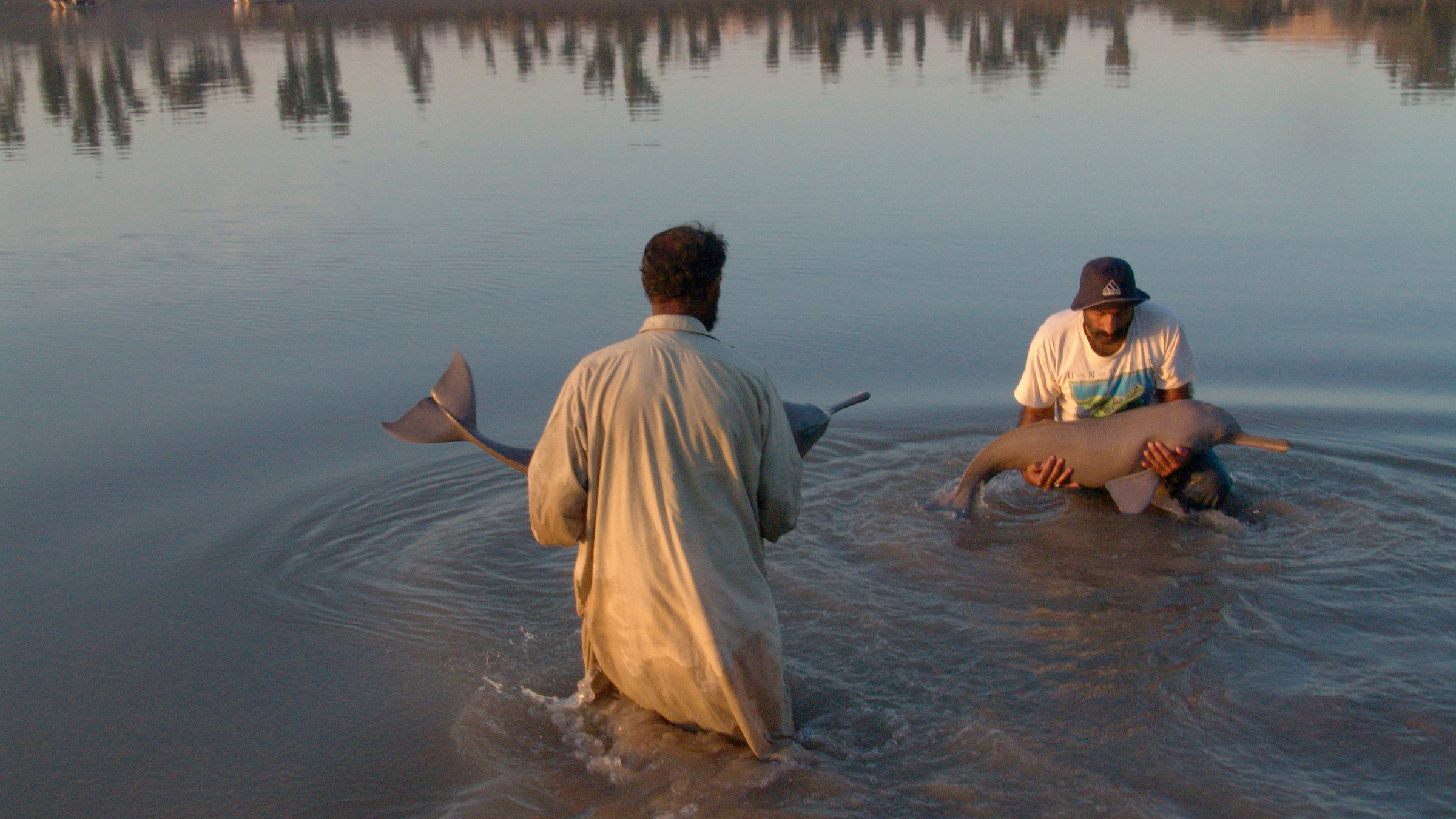Sociology: an Introduction
(Part D)
by
Charles Lamson
The Rise of Modern Sociology
We credit the European social thinkers and philosophers with creating sociology, but nowhere did the new science find more fertile ground for development than in North America. By the beginning of the 20th century, sociology was rapidly acquiring new adherents in the United States and Canada, partly because of the influence of European sociologists like Marx and Durkheim, but even more because of the rapid social changes occurring in North America at the time. Waves of immigrants to cities and towns, the explosive growth of population and industry in the cities, race riots, strikes and labor strife, moral crusades against crime and vice and alcohol, the demand for woman suffrage---these and many other changes caused American sociology to take a new turn. There was an increasing demand for knowledge about exactly what changes were occurring and who was affected by them. In North America, therefore, sociologists began to emphasize the quest for facts about changing social conditions that is, the empirical investigation of social issues.
Empirical information refers to carefully gathered, unbiased data regarding social conditions and behavior. In general, modern sociology is distinguished by its relentless and systematic search for empirical data to answer questions about society. Journalists, for example, also seek the facts about social conditions, but they must cover many different events and situations and present them as "stories" that will attract their readers' interest. Because they usually cannot dwell on one subject very long, journalists often must content themselves with citing examples and quoting experts whose opinions may or may not be based on empirical evidence. In contrast, sociologists study a situation or phenomenon in more depth. And when they do not have enough facts they are likely to say, "That is an empirical question. Let's see what the research tells us, and if the answers are inconclusive we'll do more research." Evidence based on measurable effects and outcomes is required before one can make an informed decision about an issue.
To use the sociological imagination to ask relevant questions and to seek answers to those questions backed by evidence that can be verified by others are among the chief goals of modern sociology. Anyone can make assertions about society or about why people behave the way they do. "I think it's human nature to act selfishly, no matter what kind of education people have" is a common assertion that is not backed up by any solid evidence. As you read this ongoing series of blog posts you will learn that to strengthen your sociological imagination you must learn how to apply evidence to your views and admit that your opinions can be modified by that evidence.
The Social Surveys The empirical focus of American sociology began largely as an outgrowth of the reform movements of the late nineteenth and early twentieth centuries during this period. The nation had not yet recovered from the havoc created by the Civil War. Southern blacks were migrating to the more industrialized North in ever increasing numbers, and at the same time millions of European immigrants were finding ill-paying jobs in the larger cities, where cheap labor was in great demand. By the turn of the 20th century, therefore, the nation's cities were crowded with poor families for whom the promise of gold in America had become a tarnished dream. In this time of rapid social change, Americans continually debated the merits of social reform and proposed new solutions for pressing social issues. Some called for socialism, others for a return to the free market, or a ban on labor organizations, or an end to immigration, or the removal of black Americans to Africa. But where would the facts to be used in judging those ideas come from?

In order to gain empirical information about social conditions, dedicated individuals undertook numerous "social surveys." Jacob Riis's (1890) account of life on New York's Lower East Side; W.E.B. Dubois's (1967/1899) survey of Philadelphia blacks; Emily Balch's 1910 depiction of living conditions among Slavic miners and steelworkers in the Pittsburgh area; and Jane Addams's famous Whole House Maps and Papers (1895), which described the lives of her neighbors in Chicago's West Side slum area---these and other carefully documented surveys of the living conditions of people experiencing the effects of rapid industrialization and urbanization left an enduring mark on American sociology. Du Bois, the first black sociologist to gain worldwide recognition, helped direct sociological research to racial and social issues in minority communities using empirical data to provide an objective account of the dismal social conditions of northern blacks in the turn of the century.
W.E.B. Du Bois.
The Chicago School and Human Ecology By the late 1920s the United States had become the world leader in sociology. The two great centers of American sociological research were the University of Chicago and Columbia University. At these universities and others influenced by them, two distinct approaches to the study of society evolved. The Chicago School emphasized the relationship between the individual and society, whereas the major East Coast universities, which were more strongly influenced by European sociology, tended toward macro level analysis of social structure and change.
The sociology department at the University of Chicago (the oldest in the nation) extended its influence to many other universities, especially in the Midwest, South, and West. At that time the department was under the leadership of Robert Park and his younger colleague Ernest Burgess. Park in particular is associated with the Chicago School. His main contribution was to develop an agenda for sociological research that use the city as a "social laboratory." Park favored an approach in which facts concerning what was actually occurring among people and their local communities at the micro and and middle levels would be collected within a broader theoretical framework. That framework attempted to link macro-level changes in society, such as industrialization and the growth of urban populations, to patterns of settlement and cities and to how people actually lived in cities.

In one of his essays on this subject, Park began the with the idea that industrialization causes the breakdown of traditional "primary group" attachments (those of family members, age-mates, or clans). after stating the probable relationship between the effects of industrialization and high rates of crime, Park asked several specific questions:
What is the effect of ownership of property on truancy, on divorce, and on crime? In what regions and classes are certain kinds of crime endemic? In what classes does divorce occur most frequently? What is the difference in this respect between farmers and, say actors? To what extent in any given ethnic group do parents and children live in the same world, speak the same language, and share the same ideas, and how far do the conditions found account for juvenile delinquency in that particular group?
This set of research questions, of which those quoted here are a small sample, inspired and shaped the work of hundreds of sociologists who were influenced by The Chicago School. To this day Chicago remains the most systemically studied city in the United States, although similar research has been carried out in other large cities throughout the nation. From studies of the linguistic diversity of African peoples to attempts to understand the subtle negotiations by which youth gangs divide up an urban "turf," the insights of The Chicago School remain a vital aspect of contemporary sociology.
As you can see from the types of questions Park asked, the distinctive orientation of the Chicago School was its emphasis on the relationships among social order, social disorganization, and the distribution of populations in space and time. Park and `Burgess called this approach human ecology. With many modifications, it remains an important, though not dominant, perspective in contemporary sociology.

Human ecology, as Park and others defined it, is the branch of sociology that is concerned with population growth and change. In particular, it seeks to discover how populations organize themselves to survive and prosper. Human ecologists are interested in how groups that are organized in different ways compete and cooperate. They also look for forms of social organization that may emerge as a group adjusts to life in new surroundings.
A key concept for human ecologists is community. There are many ways of defining this term, just as there are many ways of defining most of essential concepts sociology. From an ecological perspective, however, the term community usually refers to a population that carries out major life functions (e.g., birth, marriage, death) within a particular territory. Human ecology does not assume that there will ever be a steady state or an end to the process of change and human communities. Instead, it attempts to trace the change and document its consequences for the social environment. What happens when newcomers "invade" a community? In what way are local gangs a response to recent changes in population or in the ability of members of a community to compete for jobs? Not only do populations change, but people's preferences and behaviors also continually change. So do the technologies for producing the goods and services we want. As a result, our ways of making a living, our modes of transportation, and our choice of leisure activities create constant change, not just in communities but in entire societies.
The Chicago School became known for this ecological approach, the idea that the study of human society should begin with empirical questions about population size, the distribution of population over territories and the like. The human ecologists recognized that society is shaped by many other processes, but their most important contribution to the discipline of sociology was to include the processes by which populations change and communities are formed.

Modern ecological theories also consider the relations between humans and their natural environment. We will see that the way people earn a living, the resources they use, the energy they consume, and their efforts to control pollution all have far-reaching consequences not only for their own lives but also for the society in which they live. These patterns of use and consumption also have an increasing impact on the entire planet---so much so that ecological problems are becoming an evermore important area of sociological research.
*SOURCE: SOCIOLOGY IN A CHANGING WORLD, 6TH ED., 2003, WILLIAM KORNBLUM, PP. 10-13*
end
|



/https://public-media.si-cdn.com/filer/71/7c/717c7e89-1292-43cc-8d4e-5fe40cbcc322/indus_valley.jpg)

